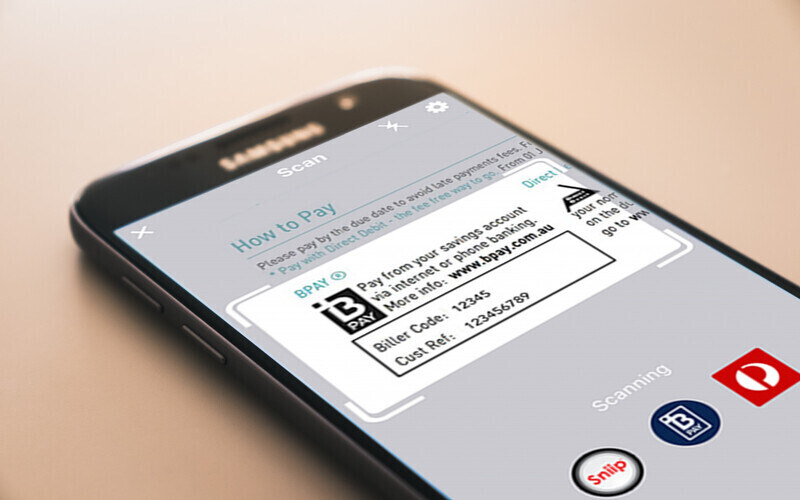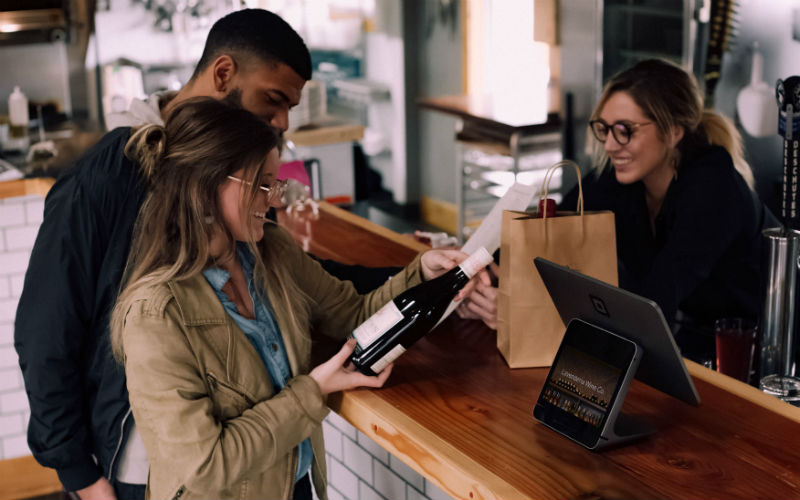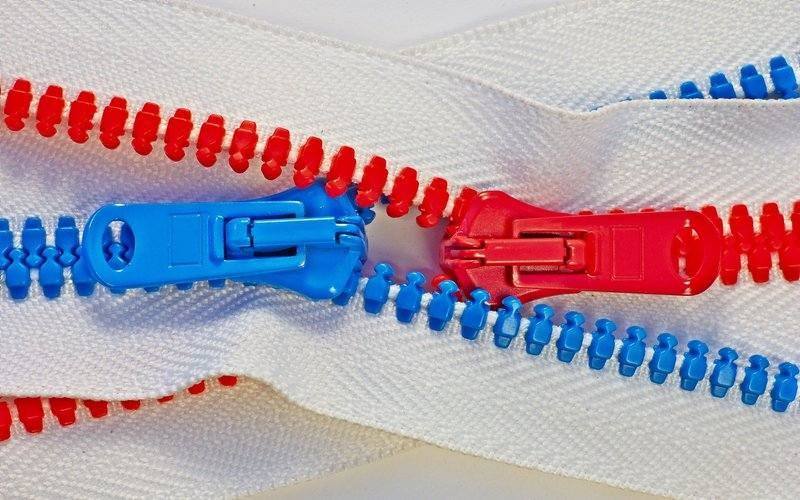Commonwealth Bank's household card spending for the week ending 13 August 2021 showed a 'significant' five percentage point drop from the previous week.
This can be attributed to the 12 to 16 million Australians who were in lockdown during this time.
According to CommBank economists, next week's data is likely going to show a "further slump in spending".
This predicted fall will be a reflection of the newly imposed NSW state-wide lockdown, as well as the recent snap lockdowns in the ACT and NT.
Changes in card spending largely reflected the restrictions in place across the country.
Spending in NSW fell three percentage points, driven by the decline in regional areas, while spending in Melbourne fell sharply by 20 percentage points as the city re-entered lockdown.
Regional Victoria's spending declined slightly less (13 percentage points) due to the shorter lockdown.
Spending in Queensland rebounded due to easing restrictions, and climbed eight percentage points, while in WA and NT, spending has remained 'buoyant', with signs of slowing down in SA and Tasmania
The outlook for consumer spending is 'uncertain', but government income support is set to support an increase in spending, according to CBA's report.
However, any long-term reopening is said to be several months away with daily new cases continually climbing in NSW and Melbourne.
Lockdowns 'clearly evident' in Household Spending Intentions
The Household Spending Intentions (HSI) for July 2021 reflected the extensive lockdowns, with declines for Home buying, Retail, Travel, Entertainment, Education, and Motor vehicle spending intentions.
Health & fitness spending intentions continued to improve.
Australia's economic recovery was 'impressive' from the downturn experienced from the initial COVID-19 lockdowns in 2020.
However, "all this has changed in July 2021", according to the report, and the combination of lockdowns across the country and the extended lockdown in Greater Sydney is 'clearly evident' in the July HSI.
Highlights from the July 2021 HSI include:
- Home buying spending intentions; Retail spending intentions; and Entertainment spending intentions down relative to July 2020, up relative to July 2019
- Education spending intentions and Travel spending intentions lower in July 2021 compared to July 2020 and July 2019
- Motor vehicle spending intentions down against July last year, marginally down from July 2019
- Health & fitness spending intentions up from July 2019 and 2020
CBA economists say these results support their prediction of 'economic contraction' for the September quarter 2021, with their forecast for the 2021 GDP revised from 5% to 3.6%.
Image by Clay Banks on Unsplash


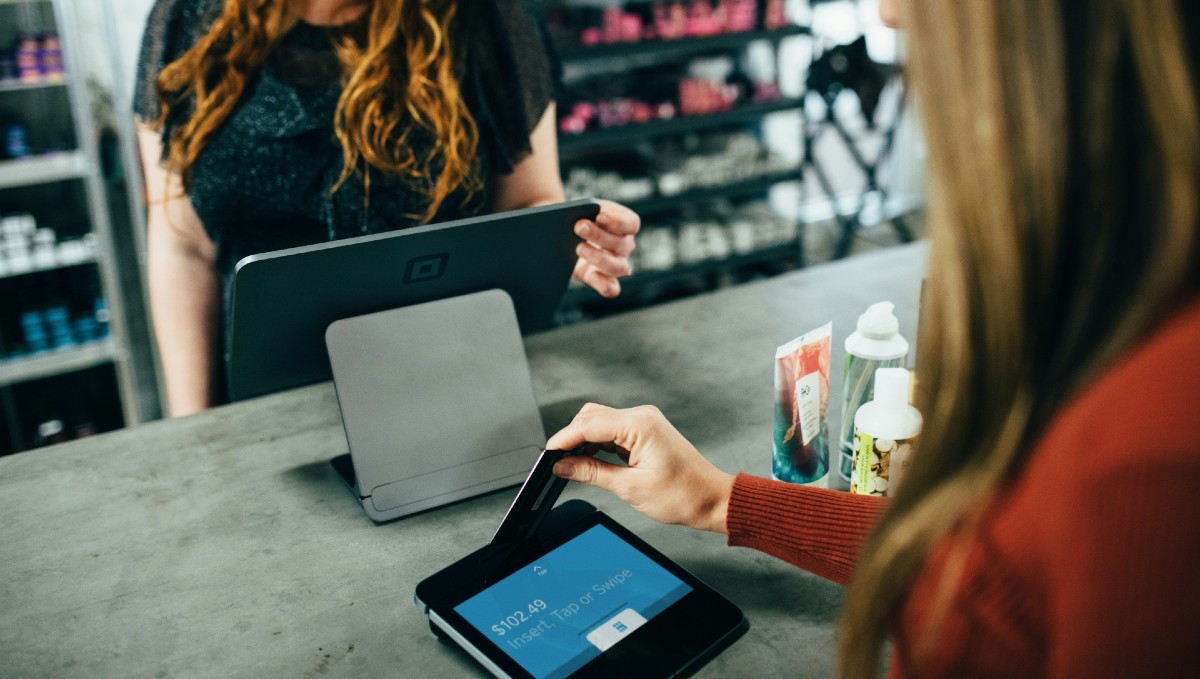
 Denise Raward
Denise Raward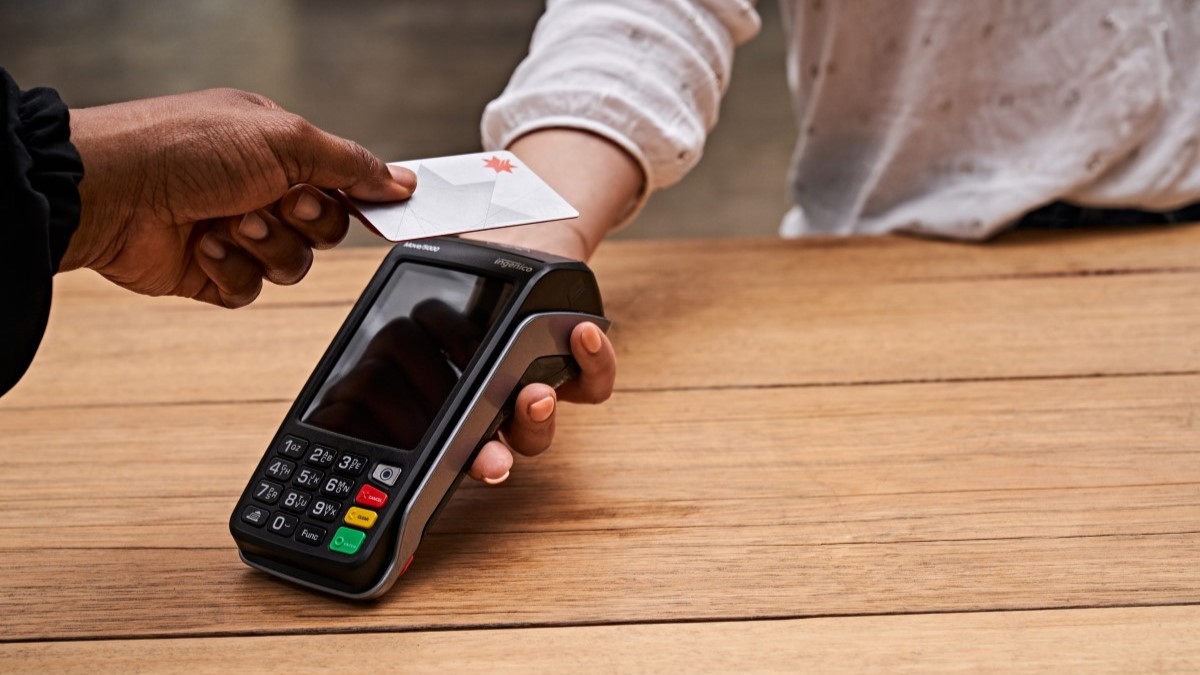
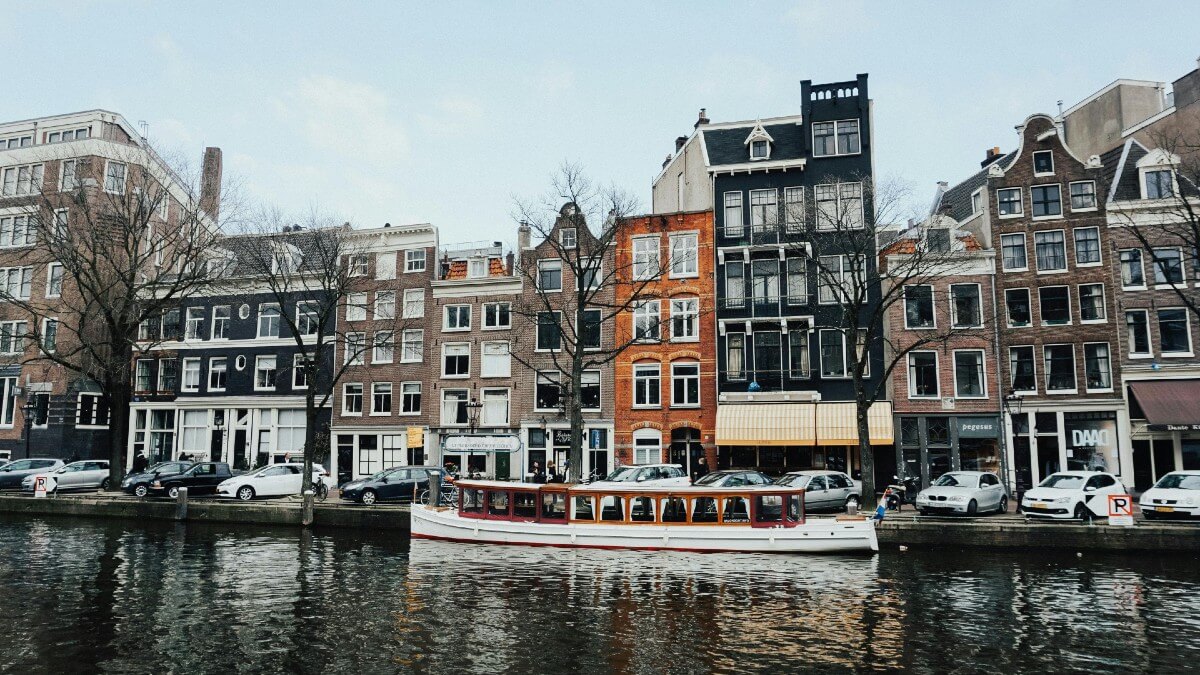
 Emma Duffy
Emma Duffy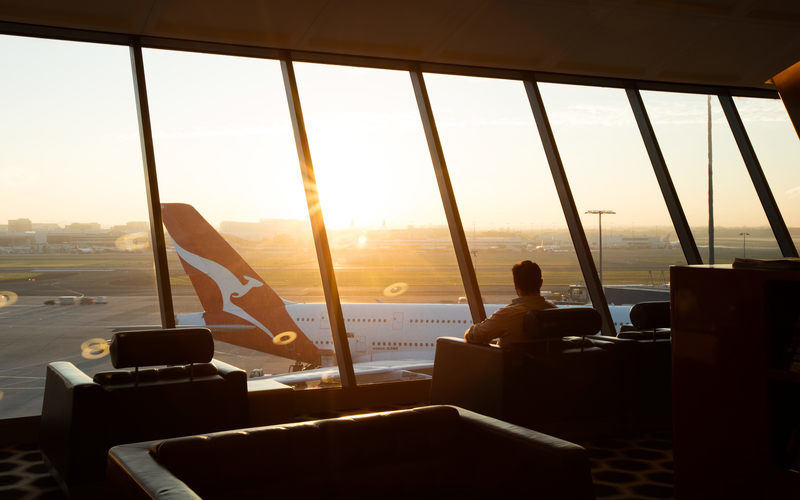
 William Jolly
William Jolly